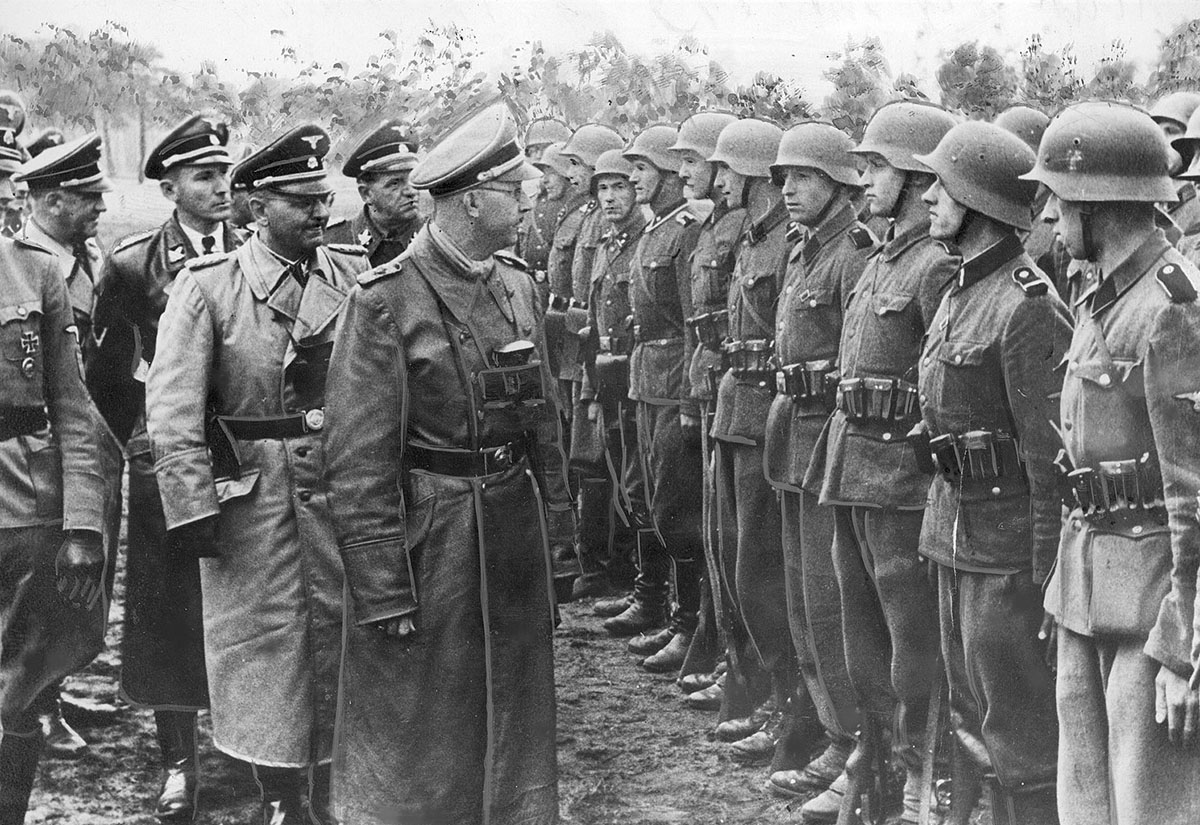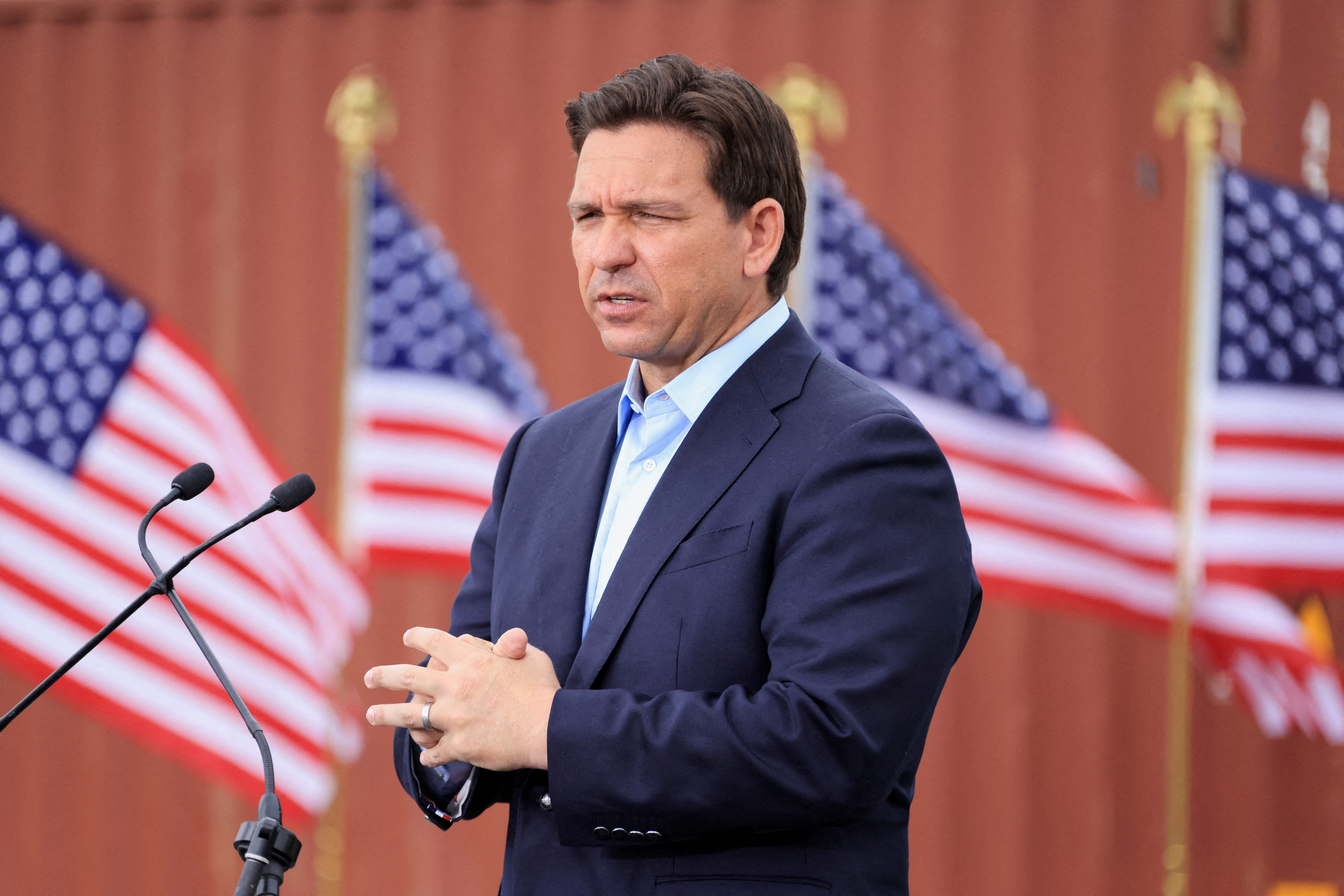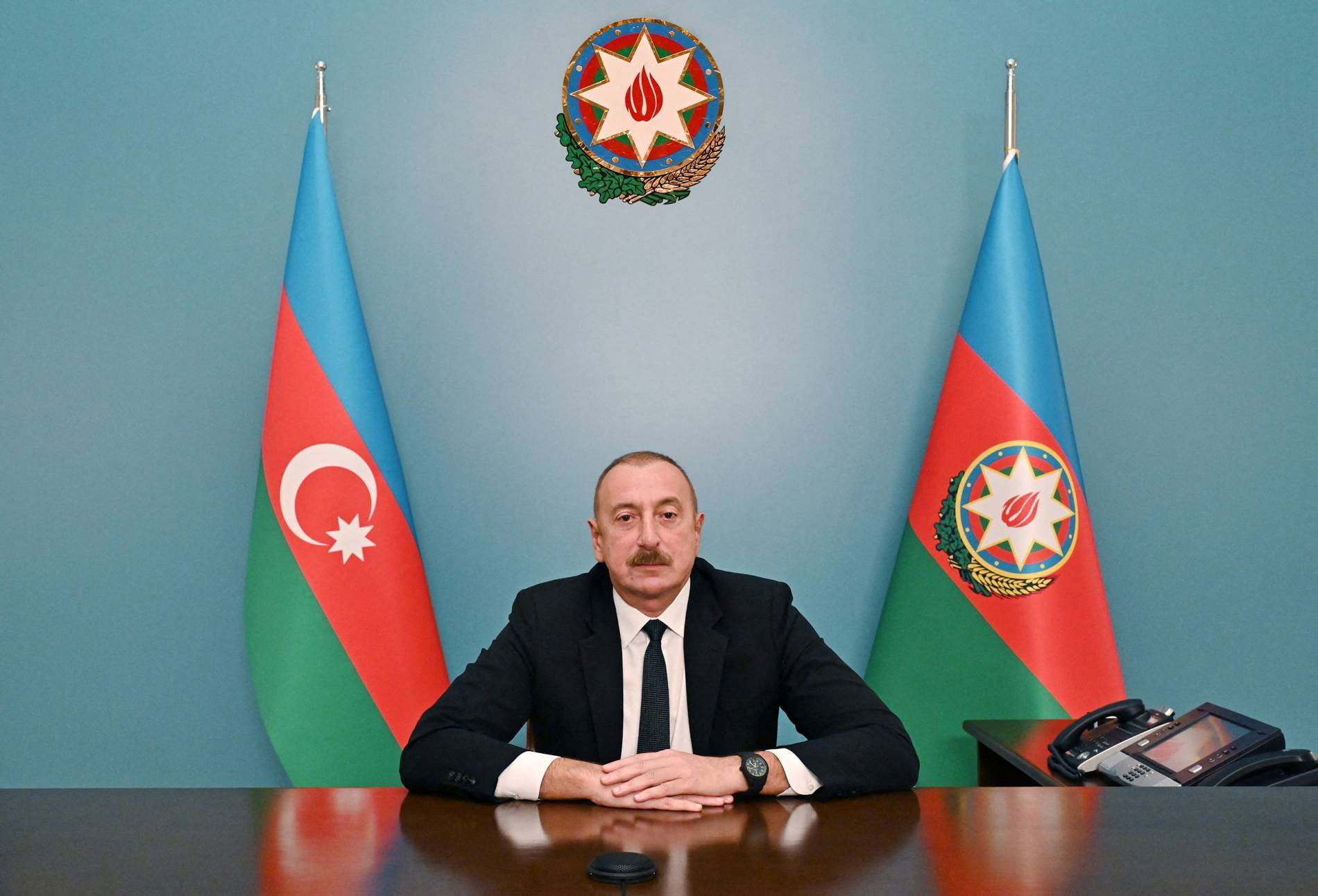The last bus carrying ethnic Armenians from Nagorno-Karabakh left the region Monday, completing a grueling weeklong exodus of over 100,000 people — more than 80% of its residents — after Azerbaijan reclaimed the area in a lightning military operation.
The bus that entered Armenia carried 15 passengers with serious illnesses and mobility problems, said Gegham Stepanyan, a human rights ombudsman for the former breakaway region that Azerbaijan calls Karabakh. He called for information about any other residents who want to leave but have had trouble doing so.
In a 24-hour campaign that began Sept. 19, the Azerbaijani army routed the region’s undermanned and outgunned Armenian forces, forcing them to capitulate. The separatist government then agreed to disband itself by the end of the year, but Azerbaijani authorities are already in charge of the region.
Azerbaijan Interior Ministry spokesman Elshad Hajiyev told The Associated Press on Monday the country’s police have established control of the entire region.
“Work is conducted to enforce law and order in the entire Karabakh region,” he said, adding that Azerbaijani police have moved to “protect the rights and ensure security of the Armenian population in accordance with Azerbaijan’s law.”
While Baku has pledged to respect the rights of ethnic Armenians, most of them hastily fled the region, fearing reprisals or losing the freedom to use their language and practice their religion and customs.
The Armenian government said Monday that 100,514 of the region’s estimated 120,000 residents have crossed into Armenia.
Armenian Health Minister Anahit Avanesyan said some people had died during the exhausting and slow journey over the single mountain road into Armenia that took as long as 40 hours. The exodus followed a nine-month Azerbaijani blockade of the region that left many suffering from malnutrition and lack of medicine.
Armenia alleged the closure denied basic food and fuel supplies to Nagorno-Karabakh, but Azerbaijan rejected the accusation, saying the Armenian government was using it for weapons shipments and argued the region could receive supplies through the Azerbaijani city of Aghdam — a solution long resisted by Nagorno-Karabakh authorities.
Sergey Astsetryan, 40, one of the last Nagorno-Karabakh residents to leave in his own vehicle Sunday, said some elderly people decided to stay, adding that others might return if they see it’s safe for ethnic Armenians under Azerbaijani rule.
“My father told me that he will return when he has the opportunity,” Astsetryan told reporters at a checkpoint on the Armenian border.
Azerbaijani authorities have arrested several former members of the separatist government and encouraged ethnic Azerbaijani residents who fled the area amid a war three decades ago to start moving back.
The streets of the regional capital, which is called Khankendi by Azerbaijan and Stepanakert by the Armenians, appeared empty and littered with trash, with doors of deserted businesses flung open.
The sign with the city’s Azerbaijani name was placed at one entrance and Azerbaijani police checkpoints were set up on the outskirts, with officers checking the trunks of cars.
Just outside the city, a herd of cows grazed in an abandoned orchard, and a small dog, which appeared to have been left behind by its owners, silently watched passing vehicles.
Russian peacekeeping troops could be seen on a balcony of one building in the city, and others were at their base outside it, where their vehicles were parked.
On Sunday, Azerbaijan prosecutors issued an arrest warrant for former Nagorno-Karabakh leader Arayik Harutyunyan, who led the region before stepping down at the beginning of September. Azerbaijani police arrested one of Harutyunyan’s former prime ministers, Ruben Vardanyan, on Wednesday as he tried to cross into Armenia.
“We put an end to the conflict,” Azerbaijani President Ilham Aliyev said in a speech Monday. “We protected our dignity, we restored justice and international law.”
He added that “our agenda is peace in the Caucasus, peace in the region, cooperation, shared benefits, and today, we demonstrate that.”
After six years of separatist fighting ended in 1994 following the collapse of the Soviet Union, Nagorno-Karabakh came under the control of ethnic Armenian forces, backed by Armenia, turning about 1 million of its Azerbaijani residents into refugees. After a six-week war in 2020, Azerbaijan took back back parts of the region in the south Caucasus Mountains, along with surrounding territory that Armenian forces had captured earlier.
Armenian authorities have accused the Russian peacekeepers, who were deployed to Nagorno-Karabakh after the 2020 war, of standing idle and failing to stop the Azerbaijani onslaught. The accusations were rejected by Moscow, which argued that its troops didn’t have a mandate to intervene.
The mutual accusations have further strained the relations between Armenia and its longtime ally Russia, which has accused the Armenian government of a pro-Western tilt.
Allegations of shooting on both sides resumed Monday for the first time since a Sept. 20 cease-fire.
Russian Defense Ministry alleged Monday that its patrol in the region’s capital, conducted jointly with Azerbaijani forces, was fired at by a sniper, although it added that it wasn’t clear who was behind the attack.
Armenia’s and Azerbaijan’ defense ministries, in turn, traded accusations of cross-border shooting. The Armenian military accused Azerbaijan of shooting at one of its vehicles, killing one soldier and wounding two more in an area near the Armenia-Azerbaijani border in the Gegharkunik region of Armenia. The ministry said a car carrying food for soldiers came under fire, along with an ambulance. Azerbaijani forces said the Armenian military opened fire at their positions in the Kalbajar region, which lies between the north of Nagorno-Karabakh and Armenia.
Armenian Prime Minister Nikol Pashinyan alleged Thursday that the exodus of ethnic Armenians from Nagorno-Karabakh amounted to “a direct act of ethnic cleansing and depriving people of their motherland.”
Azerbaijan’s Foreign Ministry strongly rejected Pashinyan’s accusations, arguing their departure was “their personal and individual decision and has nothing to do with forced relocation.”
Speaking to the AP in Lachin, the Azerbaijani town that had been controlled by separatists for nearly three decades until Baku’s forces reclaimed it in 2020, Solmaz Abbasova, 67, said returning home was a dream that sustained her family since the earlier exodus.
“It was a boundless happiness to come back home after 31 years and see the things which were so dear — the land, the river, the forest and the lake,” Abbasova said, adding that her husband and son were with her but their daughter died before she could return.
She said the Armenians are leaving the region safely by their own choice, unlike her family and other Azerbaijani refugees, adding that many were killed as they tried to leave.
“I feel sorry for simple Armenians leaving Karabakh now, but there is a big difference: They and their children aren’t being hunted and killed as they killed our refugees,” she said. “They have a choice whether to stay or leave calmly.”
Azerbaijan’s presidential office said the country has presented a plan for the “reintegration” of ethnic Armenians in the region, noting that “the equality of rights and freedoms, including security, is guaranteed to everyone regardless of their ethnic, religious or linguistic affiliation.”
It said the plan envisages improving infrastructure to bring it line with the rest of the country and offers tax exemptions, subsidies, low-interest loans and other incentives. The statement added Azerbaijani authorities have held three rounds of talks with representatives of the region’s ethnic Armenian population and will continue the discussions.
___
Associated Press writers Aida Sultanova in Shusha, Azerbaijan, and Avet Demourian in Yerevan, Armenia, contributed.



 Mondaire Jones’ now-deleted tweet on Oct. 3, 2023
Mondaire Jones’ now-deleted tweet on Oct. 3, 2023 



